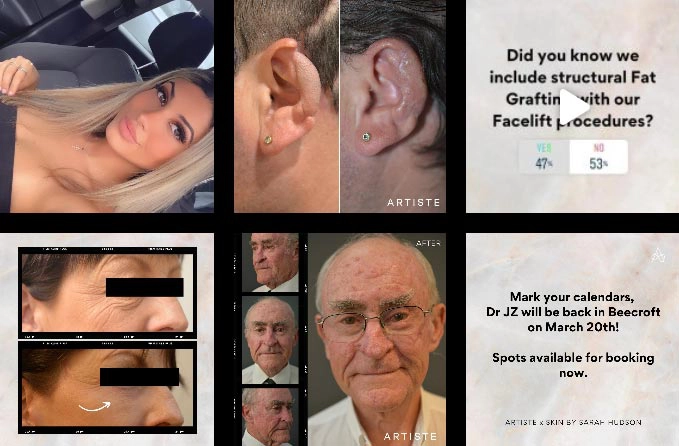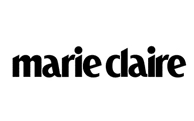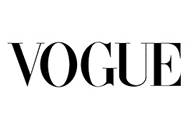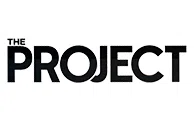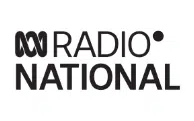Considerations On Rhinoplasty For Older Patients
Model featured in photography
As we grow older, certain aspects of our appearance may change, including the nose, which can undergo subtle shifts in shape or structure. Rhinoplasty is not the only option, but it may be viable for older patients who have specific functional or aesthetic concerns.
For those considering this procedure later in life, understanding the unique considerations—both practical and health-related—can support a well-informed decision. This guide explores key factors for older adults contemplating rhinoplasty. Read on.
Age-Related Nasal Changes
Subtle changes in the appearance of the nose and structure can happen as we age. For instance, the nasal tip may droop slightly or the bridge may have a more noticeable curve (due to loss of skin elasticity and cartilage support).
Other age-related changes that may be observed in the nasal area include the skin, which may thicken or loosen its firmness. This may impact how contours appear.
All of these changes are natural and vary from person to person. In older adults, these factors might play a role in their choice to undergo invasive cosmetic surgery.
No two patients will have the same reasons for undergoing a rhinoplasty, however. Consultation with a healthcare provider will give more insight into how rhinoplasty might interact with natural ageing, while helping set realistic expectations for its outcomes.
Health
It goes without saying, but health, especially for an invasive surgery is an essential factor. Medical history and current health status become even more relevant in determining whether one is suitable for elective surgery.
Conditions in older adults like high blood pressure, diabetes, or breathing concerns, may affect the procedure and recovery.
Before proceeding with a rhinoplasty, older patients must undergo a thorough health assessment that includes consulting with a general practitioner. This step allows the specialist to assess the patient’s cardiovascular health, wound healing capacity, and general immune function.
Consultation also gives the patient an opportunity to discuss any medications or supplements, as the patient will need to temporarily adjust their intake of medication before surgery.
Changes In Skin Elasticity And Healing
The results of a rhinoplasty surgery will be impacted by the elasticity and firmness of the skin. The skin in younger patients can more easily bounce back or reshape itself around the underlying nasal structure after surgery.
Meanwhile, older skin may be less adaptable due to reduced collagen and elastin.
In this case, the surgeon has to carefully examine the skin quality and adapt a plan accordingly (should the patient proceed with the surgery). The surgeon may employ techniques that are more suited to thinner or delicate skin so that the results are as natural as can be (although this cannot be guaranteed).
Healing potential is another important consideration among older patients. Recovery will take longer with age and the skin needs additional support for optimal healing.
Conclusion: Considering Rhinoplasty As An Older Patient
Rhinoplasty in older patients is a lot more nuanced than in younger patients. For instance, changes in skin elasticity and bone structure, and healing capacity all affect the outcome of the surgery.
A tailored approach and consultation with an experienced plastic surgeon who understands the nuances for ageing patients, are all critical.
Disclaimer: At Artiste Plastic Surgery, our Plastic Surgeons led by Dr Jack Zoumaras have been trained to the highest possible degree. All surgery has risks and it is always advised to get a second opinion. Risks are very real and we cannot guarantee any result. Results are illustrated as a guide only. All risks are managed and any need for revision surgery or complications (1-5%) can be managed by our specialist plastic surgeons.
Any statements on how you will feel is based on Level V Evidence:
Level V: How you will feel after plastic surgery varies between individuals, depending on psychological and physical factors. Our internal research is based on how patients in our practice feel after surgery.
The blogs are not a substitute for a medical consultation and do not form as part of the doctor to patient relationship.
SHARE THIS ARTICLE
Jul01
Facelift Recovery Tips: What Speeds Up Healing and What to Avoid
Disclaimer: At Artiste Plastic Surgery, our Plastic Surgeons led by Dr Jack Zoumaras have been trained to the highest possible degree. All surgery has risks and it is always advised ...
Jul01
How to Prepare for Facelift Surgery: What to Do Before Your Big Day
Disclaimer: At Artiste Plastic Surgery, our Plastic Surgeons led by Dr Jack Zoumaras have been trained to the highest possible degree. All surgery has risks and it is always advised ...
ABOUT ARTISTE
Artiste Plastic Surgery is an Award Winning Specialist Plastic Surgery practice led by internationally trained Dr. Jack Zoumaras, Plastic Surgeon and Peer Reviewed Face Surgeon
Artiste offers the latest Cosmetic Surgical Procedures of the Face, Breast and Body, inspired from leading centres around the world.
STAY IN THE LOOP
Enter your email address below to receive updates on new articles and VIP access to promotions and special offers.
FOLLOW US ON INSTAGRAM
